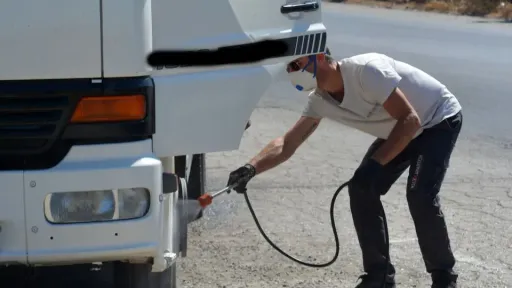Greece to introduce ankle tags for migrants awaiting deportation

Greece is moving forward with a controversial policy that will require migrants facing deportation to wear electronic ankle tags. The government says the measure, expected to take effect before the end of the year, is designed to improve monitoring and speed up deportations for individuals whose asylum claims have been definitively rejected.
Electronic monitoring system
Migration Minister Thanos Plevris announced that migrants on deportation lists will be fitted with ankle bracelets—similar to those used in criminal cases—for a 30-day compliance period. The tags will allow authorities to track movements and prevent individuals from remaining in the country illegally after exhausting all appeals. Non-compliance with deportation orders could result in mandatory jail terms.
Part of broader policy overhaul
The ankle-tag system is part of a wider package of reforms aimed at tightening asylum rules and border controls. Measures include:
Temporary suspension of asylum applications for migrants arriving from North Africa, particularly Libya, to Crete and Gavdos — a move the government claims has already reduced arrivals.
Draft legislation introducing prison terms of up to five years for irregular entry, except for those fleeing armed conflict and eligible for asylum.
Financial incentives of up to €2,000 for migrants who voluntarily comply with deportation orders.
Criticism and concerns
Human rights groups and legal experts have strongly criticized the measures, warning they may breach EU and international law. Critics also point to ongoing allegations of pushbacks at land and sea borders, with the EU border agency investigating several cases.
Government position
Minister Plevris has defended the policy, saying it reflects a “state of emergency” and warning of a potential “invasion” if tougher European policies are not adopted. He stressed that the reforms aim to balance migrant rights with the needs of Greek society, while ensuring that deportation procedures are carried out more efficiently and detention centers face less strain.







